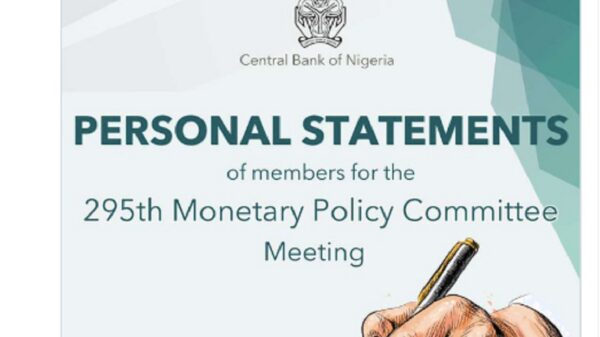Chika Mbonu, a renowned business analyst, shares insights on the anticipated drop in diesel prices to ₦600-₦700 following the removal of VAT. In this discussion, we delve into the consequences of this move, the lack of governance preparation in Nigerian politics, and the broader economic implications.
Lack of Governance Preparation in Nigerian Politics
Nigerian politicians often prioritize election strategies over governance plans. This lack of preparation becomes evident when election promises remain unfulfilled even months after taking office. Adequate planning and holistic thinking are essential to navigate challenges like the removal of the fuel subsidy.
Immediate Consequences of Fuel Subsidy Removal
The removal of the fuel subsidy has far-reaching consequences. Higher costs of living, increased transportation expenses, and pressure on government spending are immediate concerns. However, the government has responded by providing additional cash to federal workers, with varying reports of ₦25,000 to ₦35,000 per worker.
Balancing Inflation and Economic Stability
Historically, sudden economic changes have led to inflation. To prevent this, the government is moderating its approach. The removal of VAT on diesel is a step in the right direction, potentially easing the financial burden on manufacturers. It’s crucial to ensure that this reduction in diesel prices benefits consumers and doesn’t lead to a return to high inflation.
Potential Benefits of Diesel Price Reduction
The reduction in diesel prices holds significant promise for various sectors, including manufacturing. With manufacturers facing inventory challenges and layoffs, a six-month VAT holiday on diesel could positively impact production costs. A drop to ₦600-₦700 per liter would be a welcome change.
Concerns About Poverty Register and State Involvement
The government’s plan to provide ₦25,000 to 15 million households raises questions about the accuracy of the poverty register. In the past, trust issues between state and federal governments have complicated relief efforts. It’s essential to clarify which register will be used and ensure that funds reach those in need.
Federal Workers to Receive Cash Relief
Federal workers will receive much-needed cash relief during this challenging period. The initial plan was to provide ₦25,000 to junior workers, but reports suggest it may now extend to all federal workers. While this financial aid is welcome, it’s important to consider its long-term sustainability.
In conclusion, Chika Mbonu emphasizes the need for comprehensive governance preparation alongside election strategies. The removal of the fuel subsidy presents both opportunities and challenges, requiring a balanced approach to maintain economic stability and support vulnerable populations. As Nigeria navigates these changes, close monitoring and transparency will be key to ensuring positive outcomes.





















































You must be logged in to post a comment Login